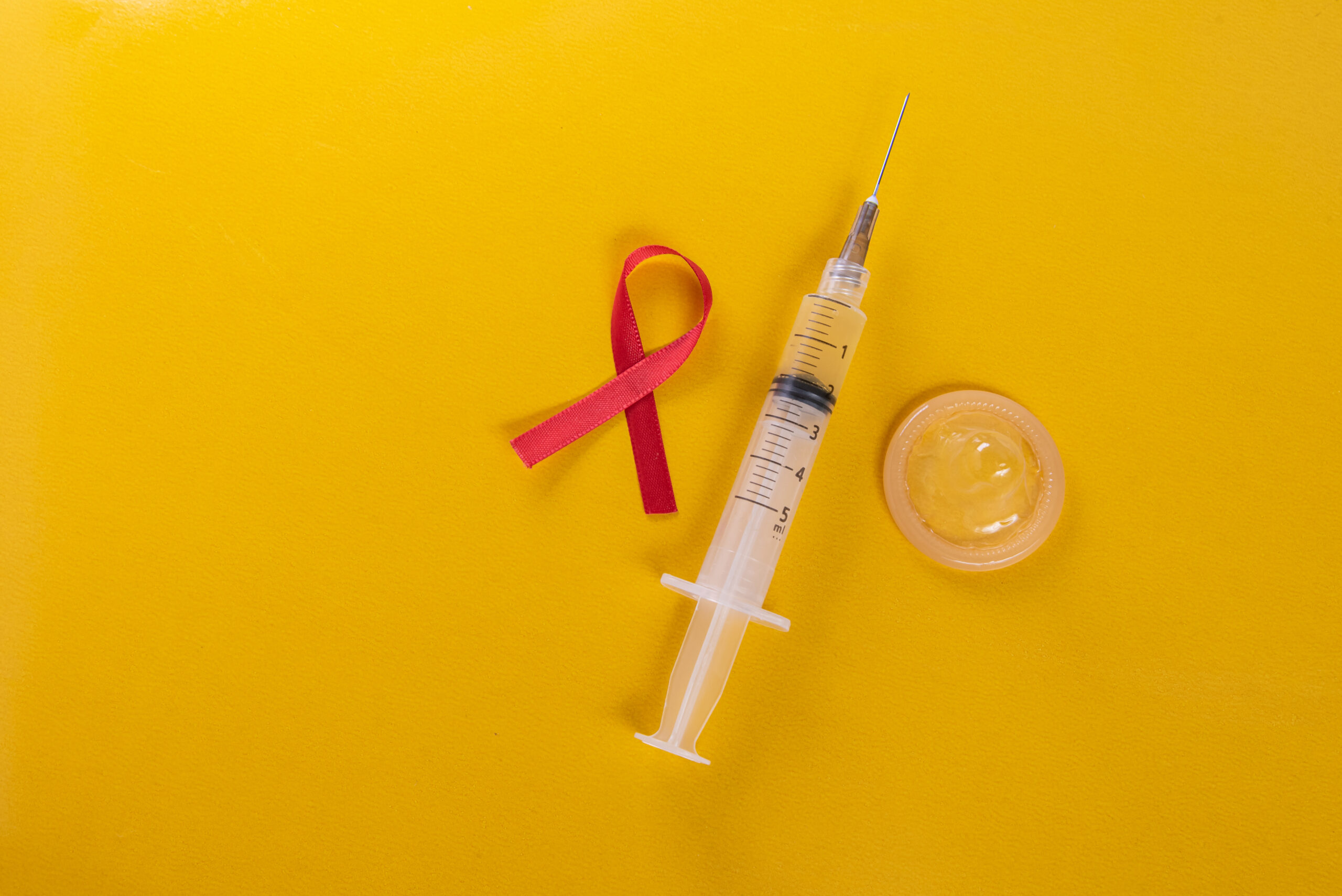Cancer Vaccines: A Breakthrough in Prevention

Cancer vaccines represent a promising frontier in medical science, designed to either prevent cancer from developing or treat existing cancers by boosting the body’s immune response against cancer cells. Cancer vaccines offer a potential solution to the problems facing the field of oncology in the coming decade. These therapies benefit from economies of scale, simple administration, and may be more effective in earlier disease settings than later. Traditional vaccines aim to prevent or ameliorate infectious diseases through priming immune responses to exogenous antigens associated with given pathogens before a natural infection occurs. Similarly, cancer vaccines seek to induce an anti-tumor immunity using an appropriate delivery vector to prime responses to cancer antigens presented on the surface of tumour cells.
Types of Cancer Vaccines
- Preventive (Prophylactic) Vaccines
These are used to prevent cancer caused by viruses.
- HPV Vaccine: Protects against the human papillomavirus, which is linked to cervical, anal, throat, and other cancers.
- Hepatitis B Vaccine: Reduces the risk of liver cancer caused by Hepatitis B infection.
- Therapeutic Vaccines
These are given to cancer patients to help the immune system recognize and destroy cancer cells. Research is ongoing for cancers like melanoma, prostate, and lung cancer. Therapeutic cancer vaccines can stop tumour from growing or spreading, destroys cancer cells still in the body after surgery and radiation therapy and also prevents relapse.
- Provenge (Sipuleucel-T): Approved for advanced prostate cancer.
- IMA901: Investigated for kidney cancer.
- Bacillus Calmette-Guerin (BCG): Approved for the treatment of early-stage cancer
- Nadofaragene firadonevec (Adstiladrin®): Approved for treatment of early-stage bladder cancers that have progressed despite BCG therapy.
- GVAX: A group of experimental vaccines for pancreatic and other cancers.
- Talimogene laherparepvec (T-VEC): An oncolytic virus-based vaccine approved for melanoma.
Role in Cancer Prevention
Early Intervention: Vaccines like HPV are most effective when administered before exposure to the virus, typically in adolescence.
Reduced Burden: Mass vaccination programs can significantly reduce the incidence of certain cancers, particularly in women.
Cost-effective: Long-term savings in healthcare costs by preventing cancers before they develop.
Government of India’s Initiatives
The Government of India is actively promoting cancer prevention through vaccination and awareness:
- Introduction of HPV Vaccine in National Immunization Programme
In 2024, India included the indigenously developed HPV vaccine ‘CERVAVAC’ in the Universal Immunization Programme. This aims to reduce the incidence of cervical cancer, the second most common cancer among Indian women. This vaccine is advisable for girls who are above 9 yrs and women.
- Public Awareness Campaigns
Nationwide campaigns promote awareness about the importance of early vaccination and routine screening. Collaboration with NGOs and digital platforms to reach rural and underserved communities.
- Screening and Early Detection
Under Ayushman Bharat, health and wellness centre’s provide free screening for common cancers (oral, breast, and cervical).
Integration of vaccine awareness in school health programs.
Conclusion
Cancer vaccines, especially the HPV and Hepatitis B vaccines, offer a significant opportunity to prevent cancers before they occur. With proactive steps like launching affordable vaccines and integrating them into public health schemes, India is paving the way for a cancer-free future.

